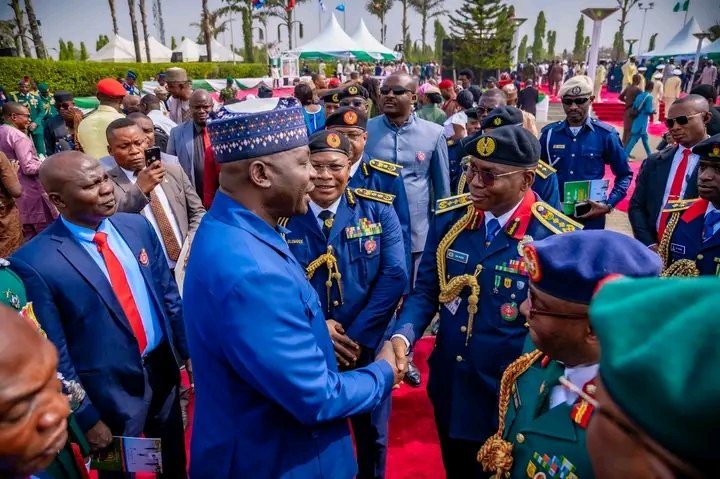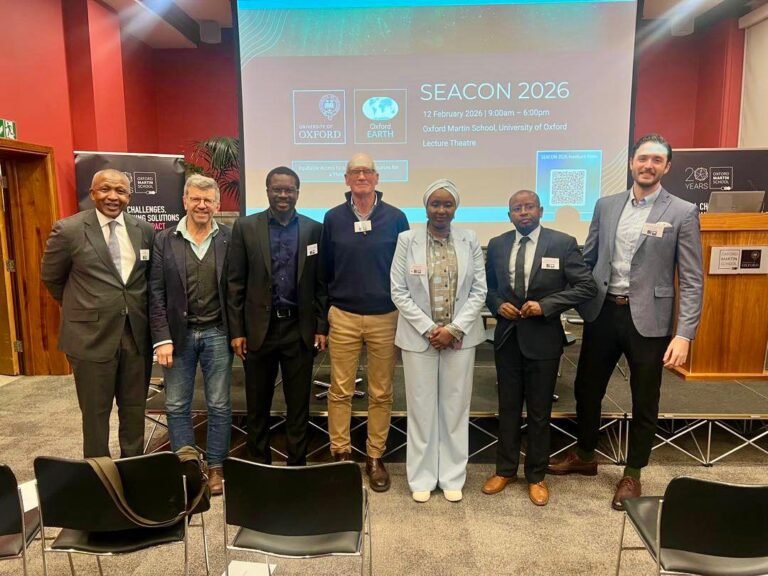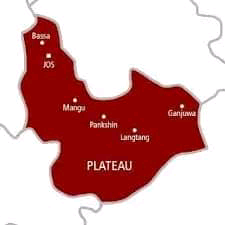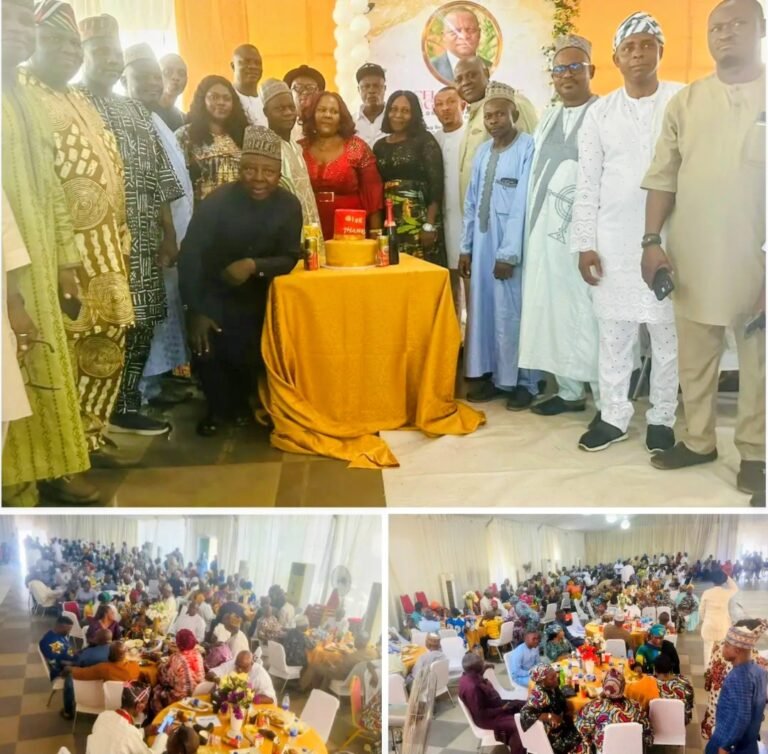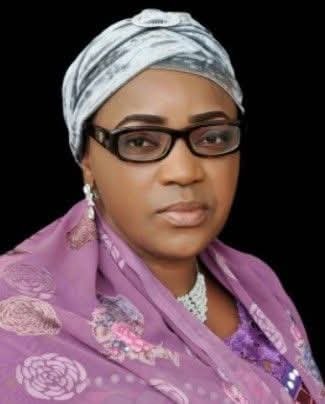
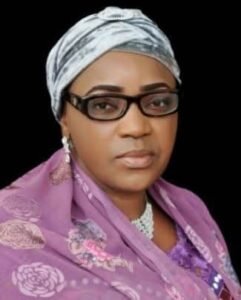
The Cost of Hope: A Mother’s Grief and the Fight for Nigeria’s Girls
By Princess Aderonke Rahmat Adedoja
My life is defined by two relentless currents: the private struggle for emotional balance and the public fight for justice. As the CEO of the ARA Foundation, my mission demands that I navigate political headwinds, mobilize resources, and demand accountability for the marginalized. This work is not a career—it is a burden I bear for the future of our nation.
To be a mother and a leader in today’s Nigeria is to constantly feel divided. The public persona—the strategist, the advocate, and the political actor—must remain resolute and unshaken. Yet the heart of a mother remains soft, unguarded, and deeply vulnerable. It is in the tension between these identities that my true strength is forged. But in moments of national tragedy, that tension threatens to break me.
Today, as news spreads about the kidnapped schoolgirls in Kebbi and Niger States, my inner security collapses. I am overwhelmed by a wave of sadness and fear. My emotional energy is consumed by the cruel contrast between the safety I fight to provide for my own children and the terror tearing through countless Nigerian homes.
As a mother, my heart does not simply go out to those parents—it breaks for them. Their grief transcends politics; it pierces the most primal fear any parent knows: the insecurity of a child. These families did what every responsible parent does—they sent their daughters to school with hope and trust. That hope has now been violently stolen. They are enduring an unimaginable void: empty rooms, deafening silence, and the horror of not knowing whether their daughters are safe. This is not pain anyone should experience alone.
This heartbreak fuels my commitment. It is the fire that powers the ARA Foundation’s mission. The suffering of these families gives me every reason to fight harder. We exist to be the unwavering voices of these mothers. In their darkest hours—when fear silences them and bureaucracy overwhelms them—we step forward. We transform their cries into political pressure, demanding swift rescue efforts, accountability for perpetrators, and the immediate prioritization of school security nationwide.

Yet, in this unfolding crisis, the silence from many corners of national leadership is heartbreaking. The mothers of Kebbi and Niger deserve more than quiet sympathy—they deserve a unified national outcry. After the Chibok tragedy, we said “Never Again.” Today, we must ask: Where is that resolve?
Insecurity has worsened dramatically over the last 15 years. It is no longer limited to Boko Haram; it now includes widespread banditry, kidnappings, and organized crime paralyzing communities across the nation.
We must confront a painful question:
Where are the Mothers in Leadership?
Where are the women in government, business, and public life who should feel this pain in their bones? Silence from those with power is a betrayal of both civic and maternal duty.
We must also question the Civil Society Response.
Where are the NGOs, activists, and CSOs who once mobilized the world? What we are witnessing is a dangerous fatigue, but this is not the moment for quietness. Every organization dedicated to human rights, safety, or education must reject complacency and rise with urgency.
This escalating insecurity affects all Nigerians. It is not limited to schools. The tragic attack at Christ Apostolic Church in Eruku, Kwara State, where worshippers were killed and abducted, is proof of the expanding threat. In the South West, farmers are being attacked, destabilizing food supply and heightening regional fear. Christian institutions have also been targeted, such as the attack on St. Mary’s Catholic School. But this violence is indiscriminate. Whether in markets, mosques, churches, or classrooms, the core issue remains the same: the sanctity of Nigerian life is under assault.
We must reject divisive narratives. While some accuse the crisis of being a targeted genocide against Christians, the harsh truth is that terror groups and bandits have victimized both Muslims and Christians without discrimination. The victims—whether worshippers in a Kwara church or farmers in the North—share one identity: they are Nigerians. Turning this into a religious conflict dishonours the dead and weakens our collective resolve. The enemy is not a faith—it is lawlessness, terror, and impunity.
The Mandate for Collective Action
It is easy to criticize the president or point fingers at government institutions, but this is a moment when the entire nation must unite. Security is not the government’s burden alone—it is our collective responsibility.
We must all be our brother’s keeper.
Every citizen, every traditional leader, every community must work together. Crucially, security agencies must be supported with timely and credible intelligence. These criminals live among us, and local information is our most powerful weapon.
Shared pain must become shared vigilance.
The emotional cost of leadership is high, but the cost of inaction is catastrophic. The ARA Foundation’s fight for safe education is not theoretical—it is a promise grounded in the belief that every Nigerian child deserves security. We stand in complete solidarity with every grieving parent, and we vow to channel our collective pain into concrete change.
We refuse to rest until education becomes a promise—not a deadly gamble—and until security is restored in every Nigerian community.
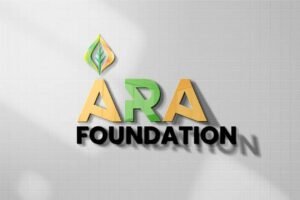
Princess Aderonke Rahmat Adedoja ARA. A mother and Nigeria Citizen writes from Ibadan


